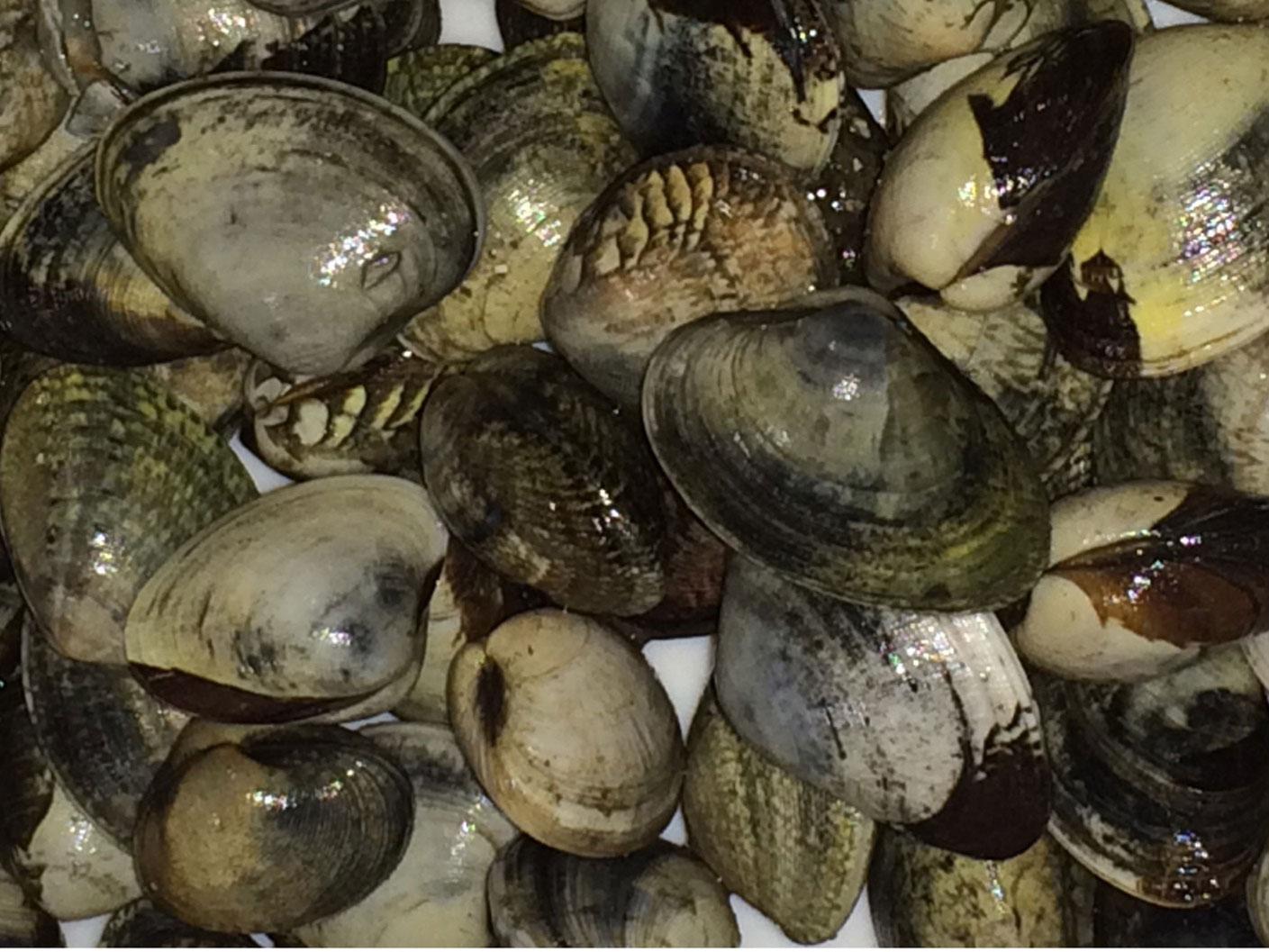Contagious cancer cells are 'widespread phenomenon' in sea, scientists say
The discovery of infectious cancers – once thought to be rare in nature – in three different kinds of shellfish 'raises questions about the implications for cancer transmission in humans', expert says

Your support helps us to tell the story
From reproductive rights to climate change to Big Tech, The Independent is on the ground when the story is developing. Whether it's investigating the financials of Elon Musk's pro-Trump PAC or producing our latest documentary, 'The A Word', which shines a light on the American women fighting for reproductive rights, we know how important it is to parse out the facts from the messaging.
At such a critical moment in US history, we need reporters on the ground. Your donation allows us to keep sending journalists to speak to both sides of the story.
The Independent is trusted by Americans across the entire political spectrum. And unlike many other quality news outlets, we choose not to lock Americans out of our reporting and analysis with paywalls. We believe quality journalism should be available to everyone, paid for by those who can afford it.
Your support makes all the difference.Contagious cancer cells are spreading between different animals and even different species in the sea, according to new research which raises the prospect of the disease becoming infectious in humans.
Previously it was thought that catching cancer from another animal was extremely rare, although last year cancer cells from a tapeworm infected an Aids patient with a severely compromised immune system. Sexually transmitted tumours are also known to affect dogs, and the Tasmanian devil population has been devastated by a contagious facial cancer spread by biting.
However the new study, published in the journal Nature, suggests that infectious cancer is common among three different kinds of shellfish. There is no suggestion that humans would be at risk as our immune system would attack any alien tissue that entered the body.
Researchers found mussels, cockles and clams, collected off the coasts of Canada and Spain, that had been infected with tumours which originated in another individual.
“Our results indicate that transmission of contagious cancer cells is a widespread phenomenon in the marine environment, with multiple independent lineages developing in multiple species,” the paper said. “Cases of transmissible cancer appear to outnumber spontaneous disease, at least in the species investigated so far.”
The researchers added that the cancers usually spread between animals of the same species, but they had found "one example of cross-species transmission". "These transmissible cancers constitute a distinct class of infectious agent and show the remarkable ability of tumours to acquire new phenotypes [genetic types] that promote their own survival and propagation," the paper said.
Normally tumours consist of the body’s own tissue, which makes them particularly dangerous because the immune system fails to react effectively. Another organism’s tumours should pose little threat because the immune system would attack in the usual way if it is functioning properly. Molluscs are believed to have only a primitive immune system that may leave them particularly prone to a cancerous infection.
One of the researchers, Professor Stephen Goff, of Columbia University Medical Centre, said their findings had prompted him to look at the marine world in a different way.
“It’s interesting to note that the ocean is a sea of various bacteria and now [cancer] cells that are capable of being pathogens,” he told The Independent. “I guess it’s a kind of change of thinking, that there are contagious cells floating around in the sea that can colonise a susceptible host.”
The scientists now plan to study the genetic processes that allow tumours from one creature to infect another, which might shed new light on how cancer spreads within people.
Professor Goff stressed their research provided no reason to stop swimming in the sea or eating shellfish. “It’s only a problem if you are a mollusc. There’s really no evidence that tumours of molluscs have spread outside of molluscs. They are not likely to cause a problem because we do have an immune system that works,” he said.
In an article in Nature commenting on the research, Dr Elizabeth Murchison, a reader in comparative oncology and genetics at Cambridge University, said finding that cancers “can invade new host species” was significant. “The potential for cancer cells to become free-living infectious agents raises questions about the implications for cancer transmission in humans,” she wrote.
A key question is whether the contagious cancer cells have been around for thousands of years or are a new phenomenon. And, if they are new, what caused them to develop?
“It is possible that, like the canine transmissible cancer, these cancers are ancient cell lineages that have co-evolved with their hosts through the millennia; or perhaps their emergence is a relatively recent occurrence, possibly stimulated by infectious agents, environmental changes, aquaculture or other anthropogenic [human] activities,” Dr Murchison added.
Professor Mel Greaves, director of the Centre of Evolution and Cancer at The Institute for Cancer Research in London, stressed results of the study were “no cause for concern” about humans catching cancer from the sea.
The disease has been known to spread in humans from a mother to a baby in the womb, between twins in the womb or after an organ transplant.
“In all three cases, transmission was possible because a blood route for cancer cells was available and the immune system was compromised. This risk is very, very small indeed," Professor Greaves said in an email. “Regarding these new results in shellfish, the public should not be at all alarmed as the processes involved are different from those in people.
"The biology is, however, very interesting with implications for the evolution of both cancer cell clones and immune recognition within and between species.”
Join our commenting forum
Join thought-provoking conversations, follow other Independent readers and see their replies
Comments